Everyone loves to eat raw or roasted nuts, not only because they are delicious and filling, but also because they are very healthy. Through them we get the necessary proteins and fats.
But in order to get only the pros of eating raw nuts, we have to get rid of the cons, or in other words, soak the nuts. The reason is very simple. Nuts contain inhibitors and phytic acid. Inhibitors are substances that prevent the proper course of various processes in our body.
They block the action of digestive enzymes and therefore the food passes through the gastrointestinal tract only partially digested. Inhibitors are beneficial to nuts while they are in nature. They protect the seeds in the soil from rotting. But when it's time to eat, the inhibitors must be removed, because they prevent nutrients from reaching our body.
Phytic acid binds to a number of important minerals (iron, calcium, magnesium, copper) and does not allow us to absorb them, which harms our body. So eating large amounts of unsoaked raw nuts can lead to mineral deficiencies, stomach irritation, or other health problems.
Soaking the nuts removes the inhibitors and phytic acid and releases the vitamins and minerals in the nuts, making them easier for the body to absorb. Already in the first 20 minutes, the water turns brown for the nuts that have skin.
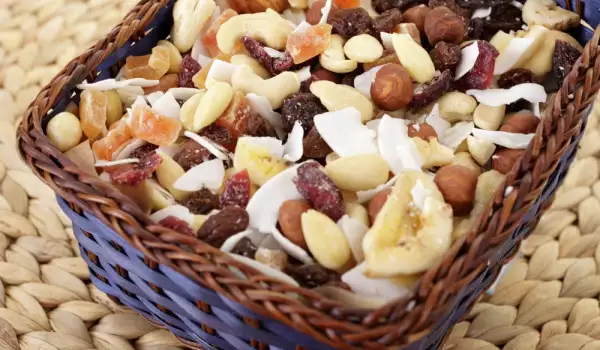
After the nuts have been soaked for several hours, the powder, residues and skin tannins are removed. If the nuts have to stay longer in the water, it is advisable to change it every few hours. After you have removed the nuts, be sure to discard the water in which they were soaked.
Soaking time for nuts and seeds
almonds - 8-12 hours
cashew - 2-3 hours
walnuts - 4-8 hours
hazelnuts - 8 hours
sunflower seed - 4 hours
pumpkin seed - 4 hours
linseed - 4-6 hours.
Read more:
- Benefits of soaked seeds;
- The benefits of eating soaked almonds.
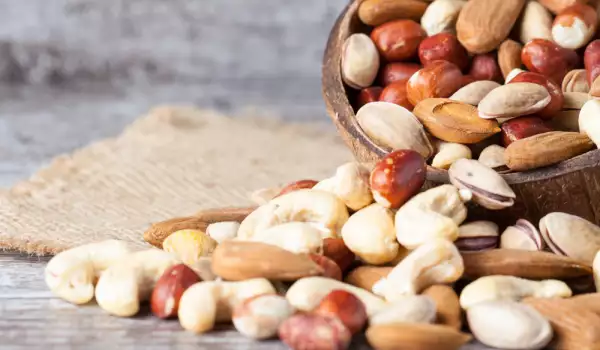
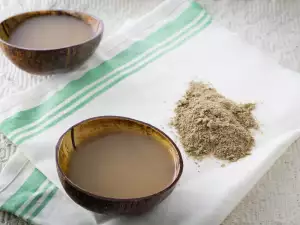






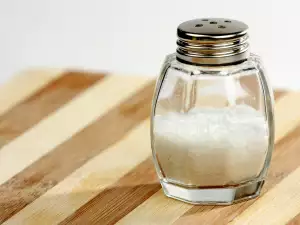


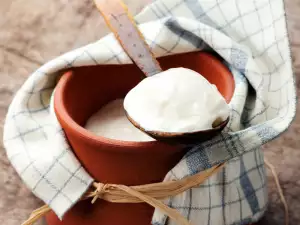
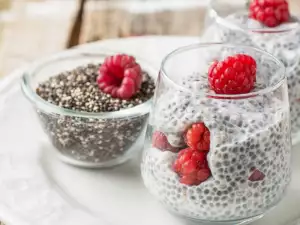
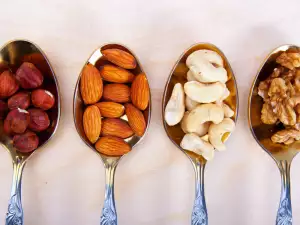






Comments